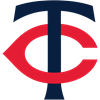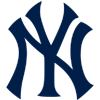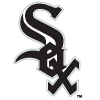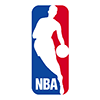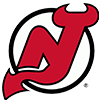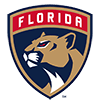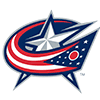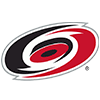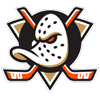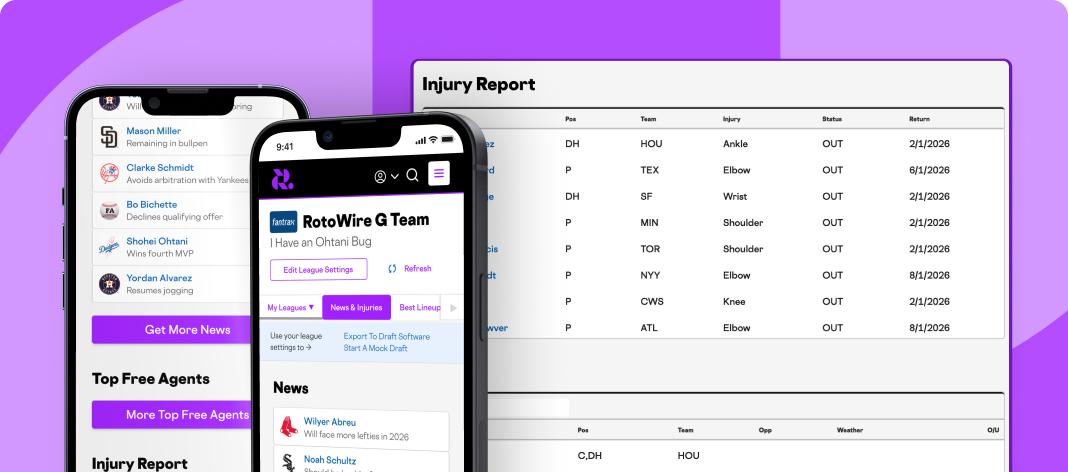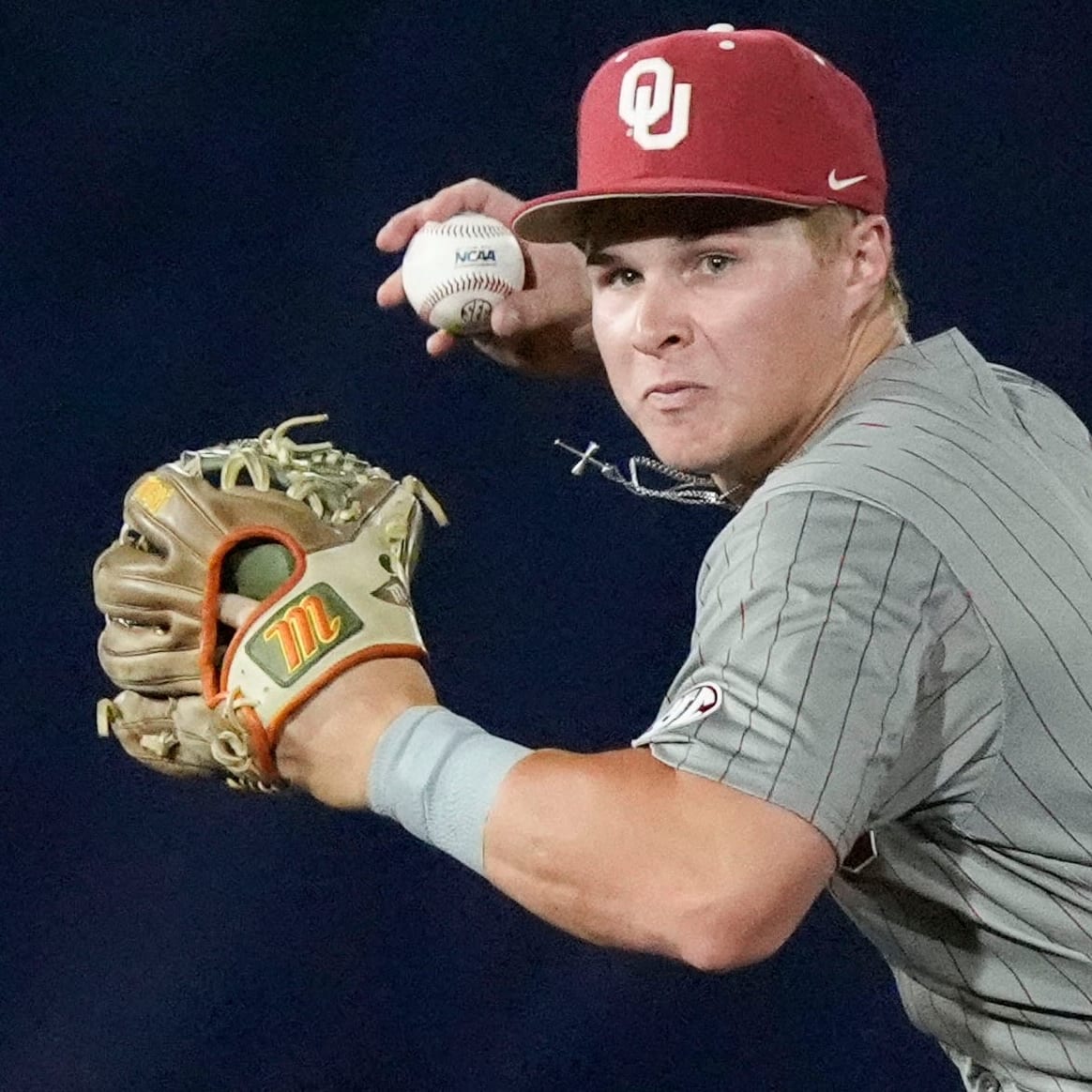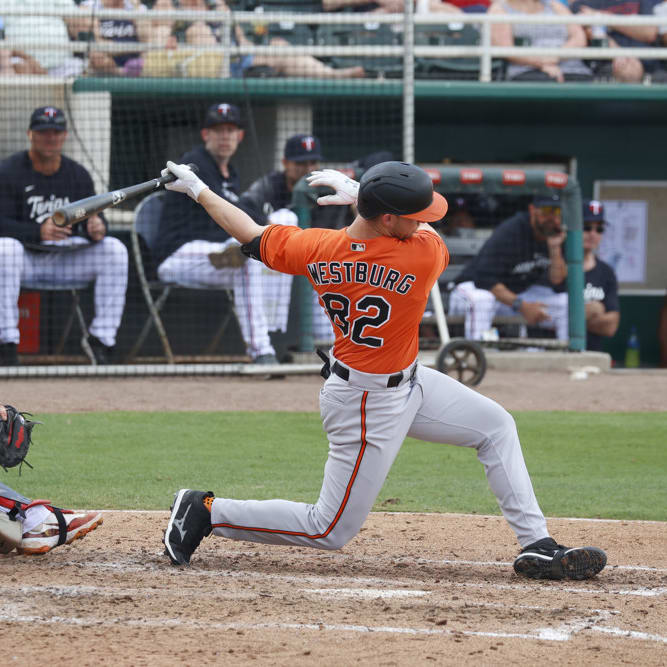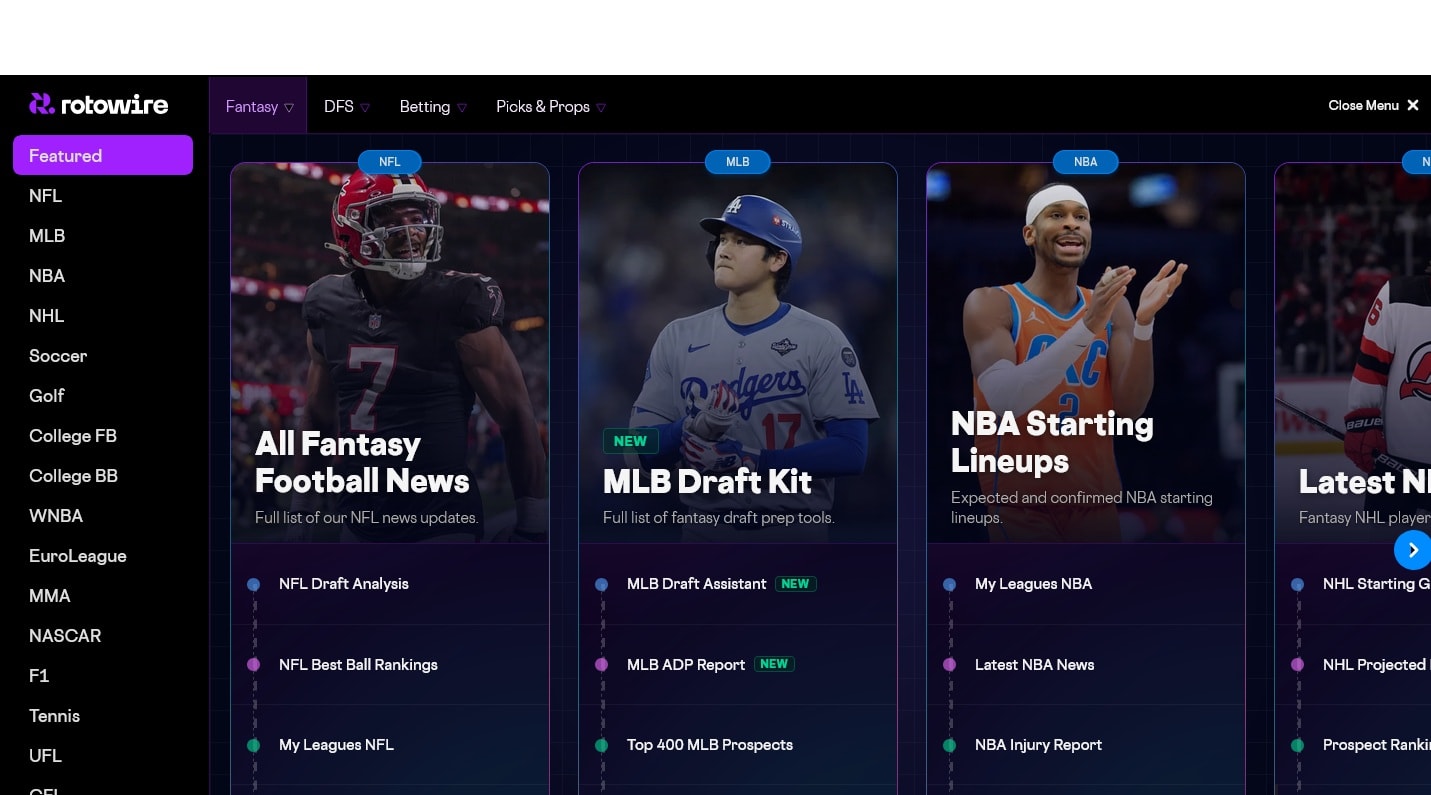Baseball may be on hiatus, but the Show must go on, as folks like to say. Normally I'd be cranking out the first AL FAAB article of the year right about now, but that seems a bit moot at the moment, so what else is there to write about?
Despite the circumstances, some fantasy leagues are plowing ahead with their drafts or auctions, while others have hit pause, waiting on a firm date for Opening Day before scheduling around it. Either way, GMs are still prepping for those auctions and drafts – because, really, what else do most of us have to do other than draft prep? Clean out the cobwebs at the back of your closet, or your Netflix queue?
The spring training schedule being suspended gives us a moment to take a breath and evaluate, or re-evaluate, the outlook and upside for players fighting for jobs or otherwise carrying uncertain projections. With that in mind, I'm going to go division by division and highlight a couple of potential breakout players on each team for the 2020 season (whenever it gets here), one for shallower formats like 12-team or 15-team mixed, and one for deeper formats like 20-team mixed or 12-team AL-only or NL-only.
As this is a keeper/dynasty-oriented column, these recommendations are geared towards keeper and dynasty leagues – the intention here is that if these guys do break out, they'll be underpriced heading into 2021 based on their likely current acquisition cost. In most cases, though, they're
Baseball may be on hiatus, but the Show must go on, as folks like to say. Normally I'd be cranking out the first AL FAAB article of the year right about now, but that seems a bit moot at the moment, so what else is there to write about?
Despite the circumstances, some fantasy leagues are plowing ahead with their drafts or auctions, while others have hit pause, waiting on a firm date for Opening Day before scheduling around it. Either way, GMs are still prepping for those auctions and drafts – because, really, what else do most of us have to do other than draft prep? Clean out the cobwebs at the back of your closet, or your Netflix queue?
The spring training schedule being suspended gives us a moment to take a breath and evaluate, or re-evaluate, the outlook and upside for players fighting for jobs or otherwise carrying uncertain projections. With that in mind, I'm going to go division by division and highlight a couple of potential breakout players on each team for the 2020 season (whenever it gets here), one for shallower formats like 12-team or 15-team mixed, and one for deeper formats like 20-team mixed or 12-team AL-only or NL-only.
As this is a keeper/dynasty-oriented column, these recommendations are geared towards keeper and dynasty leagues – the intention here is that if these guys do break out, they'll be underpriced heading into 2021 based on their likely current acquisition cost. In most cases, though, they're worth targeting in redraft leagues as well. Even in a dynasty league, the most important season is still the current one.
Without further ado, let's take a look at the AL East:
ORIOLES
Shallow: Hunter Harvey
The cat's out of the bag on this one somewhat after manager Brandon Hyde suggested at the beginning of March he'd be in the closer mix, but Harvey's stuff is more than good enough for him to not just become a closer, but an elite one. The O's only amassed 27 saves in total as a team last season, with Mychal Givens leading the club with 11, so no one is looking for a top-shelf relief option in this bullpen. Harvey, who averaged better than 98 mph with his fastball during his big-league stint at the end of last season and posted a composite 94:30 K:BB in 82 innings across three levels, could ring up more saves than that by himself in a full campaign if he seizes the job right away and runs with it.
Deep: Yusniel Diaz
Two summers ago, Diaz was the headliner for Baltimore in the Manny Machado trade. One seemingly disappointing 2019 season later, and he's all but forgotten. The 23-year-old was hurt for about half of the year, and when he was healthy he was focused on revamping his swing to supply more power, resulting in a mediocre .262 batting average – not the number anyone was expecting from a prospect repeating Double-A, and whose scouting profile touted a plus hit tool. If he stays off the shelf in 2020, though, those swing adjustments – which also produced a career-high 11 homers in only 76 games – could allow him to soar back up prospect lists with a vengeance, and maybe even push his way into an outfield corner for the O's.
RED SOX
Shallow: Jeter Downs
In mixed formats with deeper benches and farm systems he'll probably be long gone, but in leagues where fewer prospects get rostered and the focus is on immediate returns (or AL-only leagues where he was unavailable until now), Downs could be flying under the radar compared to prospects like Dylan Carlson and Jesus Luzardo, guys who have been penciled onto a big-league roster from the jump. Boston was planning on heading into the year with Michael Chavis and his sketchy defense at second base, backed up by a speedy utility guy who can't hit in Jose Peraza. That's not exactly an ideal arrangement. Downs, one of the headliners in the Mookie Betts deal, got a cup of coffee near the end of last season at Double-A as a 21-year-old and promptly slugged five homers in 12 games. If he tears through the upper minors in similar fashion to begin 2020, it wouldn't be a shock to see him in a Red Sox uniform quickly, as the organization might just have a little incentive to show off the spoils from a widely panned trade as soon as possible. Downs may not supply a great batting average out of the gate, but he had 24 homers and 24 steals in 119 games last year between High-A and Double-A, which is some pretty juicy fantasy upside considering Double-A was *not* using the big-league rocket ball.
Deep: Brian Johnson
The southpaw got dropped from the 40-man roster over the winter, which is usually a sign an organization is done with someone, but Johnson is still around and, frankly, the Red Sox rotation was a mess even before Chris Sale was officially headed for Tommy John surgery. According to our depth chart, they'll probably have Martin Perez as their No. 3 starter for Opening Day. Yeesh. Johnson has shown occasional flashes of upside in the bigs, including an eight-K shutout of the Mariners in only his third big-league start in May 2017, and he's still only 29 years old. Given the number of injury-prone and just generally unreliable arms on the staff (and, granted, Johnson belongs firmly on that list), it might not take much for him to find his way back into the picture even he doesn't secure the No. 5 spot right away, and the fact that interim manager Ron Roenicke has expressed a willingness to use an opener creates a path to solid value for Johnson, or whoever would fill the bulk-inning role in that arrangement.
YANKEES
Shallow: Clint Frazier
The perennial potential breakout is back for one more kick at the can, and maybe his last one as a Yankee. The delayed start to the season does the 25-year-old no favors, as injured stars like Giancarlo Stanton and Aaron Judge could be healthy by Opening Day (heck, even Aaron Hicks might be ready), but Frazier was looking good in Florida before MLB shut down, slashing .320/.455/.600 with a 7:4 BB:K and showing improved focus on defense – long the thing that's kept the Yankees from committing to him as a starter. As it stands, even if Judge and Stanton are in the Opening Day lineup, Frazier still offers more upside than Mike Tauchman, who has yet to prove he was more than a flash in the pan last year (his .080 batting average in 25 spring ABs was at least a little bit worrisome). There's also no telling when 36-year-old Brett Gardner might finally hit that cliff. Worst case scenario, Frazier could be the team's best trade chip if they decide they need more pitching – every game that gets trimmed from the regular season schedule due to a delayed start increases the percentage of the season Domingo German will end up missing with his suspension.
Deep: Jonathan Loaisiga
Speaking of pitching, that potential delayed start to the season may hurt German's value, but it helps boost the value of pitchers who are likely to be facing innings caps such as Loaisiga. The 25-year-old was one of a number of dominant Yankee hurlers this spring (14:1 K:BB in 10 innings) but he's only thrown a total of 130 innings over the last two years. That's at all levels, not just the majors. Had the season started on time, Loaisiga might have won a rotation spot, and he certainly has the raw stuff to be effective (career 11.2 K/9 in the bigs), but there was simply no telling how many frames he was capable of supplying if he stays healthy. In an abbreviated schedule, that's less of an issue – and if the regular season ends up being both abbreviated and compacted, with a blizzard of double-headers scheduled to make up for lost time, he could see consistent work spotting in and out in a situation where teams need more than the usual five starters just to get through a week.
RAYS
Shallow: Nate Lowe
As it stands right now, Lowe is a risky fantasy pick, simply because there doesn't appear to be room for him in Tampa. Barring a situation where the team keeps 14 position players and 12 pitchers instead of a 13/13 split (highly unlikely, especially if there are fewer off days than usual), the Rays have Ji-Man Choi and Jose Martinez ready to split the workload at first base, with Yandy Diaz and Yoshi Tsutsugo also capable of filling in. The 24-year-old Lowe would be better served getting regular at-bats at Triple-A rather than collecting dust on the big-league bench. Of all those names, though, Lowe has by far the most upside, especially among the left-handed options. Choi's "breakout" 2019 still wasn't all that impressive in the grand scheme of things, and Tsutsugo is unproven against North American pitching. In a year where the AL East seems wide open and every single win could matter, Tampa may decide that Lowe's upside could be a difference-maker and find another home for Choi.
Deep: Peter Fairbanks
Last season, the Rays' closer situation was something of a revolving door until Emilio Pagan settled in. This season, the same names as before (Diego Castillo, Jose Alvarado) figure to be in the mix, but the new darling is Nick Anderson, who was simply overpowering after coming over from the Marlins midseason (41:2 K:BB in 21.1 innings!). The thing is, he was dominant in a set-up role, so why would Tampa mess with a good thing? Why shift Anderson to the ninth, when they can have him shut things down during tense spots in the seventh or eighth? If the ninth-inning remains open, Fairbanks is as likely a candidate to eventually fill it as anybody. The righty can scrape triple digits with his fastball and pairs it with a sharp slider, and while his control and command wavered at times in 2019, it was his first year back after Tommy John surgery. Assuming he improves in those areas in Year Two, which is the usual timetable, Fairbanks could end up being Anderson 2.0 – and if one of them isn't closing, the other probably will.
BLUE JAYS
Shallow: Danny Jansen
Look, I know, I know. Spring stats aren't actionable, especially when the sample size is even smaller than usual due to MLB's sudden interruption. Nonetheless, Jansen leads the entire Grapefruit League in OPS in the clubhouse, as it were, edging out Bryce Harper's 1.841 with a 1.953 mark. Five of Jansen's nine hits went for extra bases, including four homers, and his 3:1 BB:K indicates he basically wasn't missing when he swung. The thing is, I had him on my breakout list even before spring training games began. Jansen came up through the Jays' system with a reputation as a bat-first catcher – in his last stint at Triple-A Buffalo before his 2018 promotion to the bigs, he slashed .275/.390/.473 with 12 homers in only 88 games. He spent pretty much all of 2019 focused on improving his defense, however, and it's a testament to his work ethic and drive that he went from "passable enough defensively to be carried by his stick" to "Gold Glove finalist" in the space of one year. Of course, that mono-focus on his work behind the plate exacted a cost, and he hit only .207 in 107 games for Toronto, albeit with a still-decent power stroke (13 HR). This offseason, he turned his attention back to his batting, completely revamping his pregame routine and working on keeping his mechanics balanced and his swing path consistent through the zone. The fact that he had instant success is encouraging, but all that work likely put him far ahead of most of the pitchers he was facing in camp. I'm putting more stock in his drive to be the best he can be in all facets of the game than those spring numbers. That's the drive that turns guys into stars.
Deep: Derek Fisher
I have long been a believer in Fisher based on his athletic profile and strong Triple-A numbers (.289/.379/.520 in over 1,000 PAs with 50 homers and 40 steals), but even I can't ignore his big-league struggles. In 419 PAs over 152 games in the majors, his OPS is a paltry .649, 250 points lower than his Triple-A performance. He's out of minor-league options, though, so the Jays have little choice but to give him one more chance. The 26-year-old is also the only left-handed hitter among Toronto's projected outfielders, which should assure him a decent amount of playing time even if he's the fourth OF, as players like Teoscar Hernandez rotate through the DH spot. Fisher has put in work this offseason trying to close the holes in his swing, and sometimes it just takes a while for a hitter to shed the Quad-A label – J.D. Martinez had a .687 OPS in nearly a thousand PAs for Houston to begin his career before re-inventing himself in Detroit, to pick one high-profile example. There's no guarantee Fisher has anything close to that kind of renaissance, of course, but if things do begin to click for him, he has the tools to be an impact fantasy asset.




